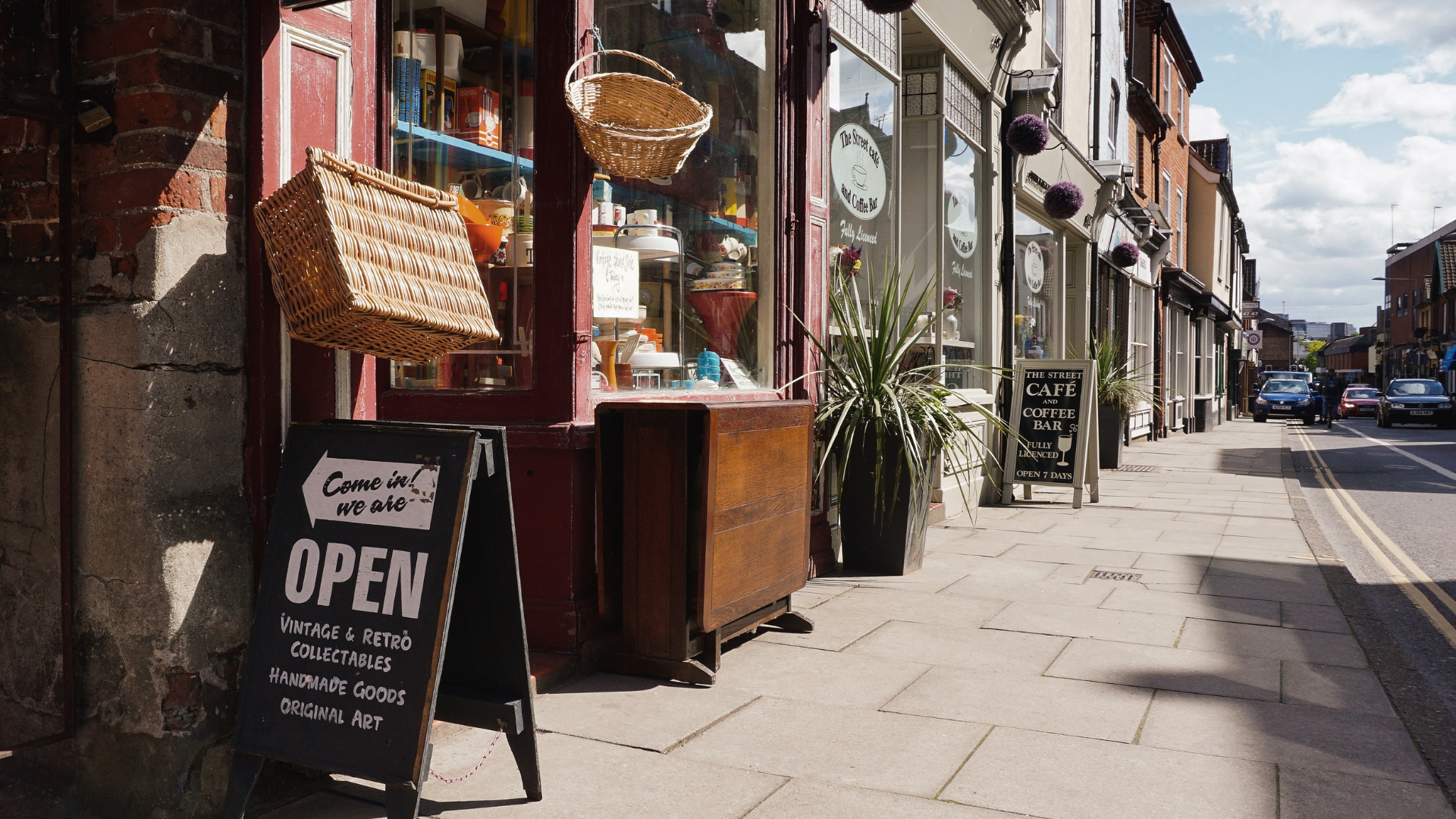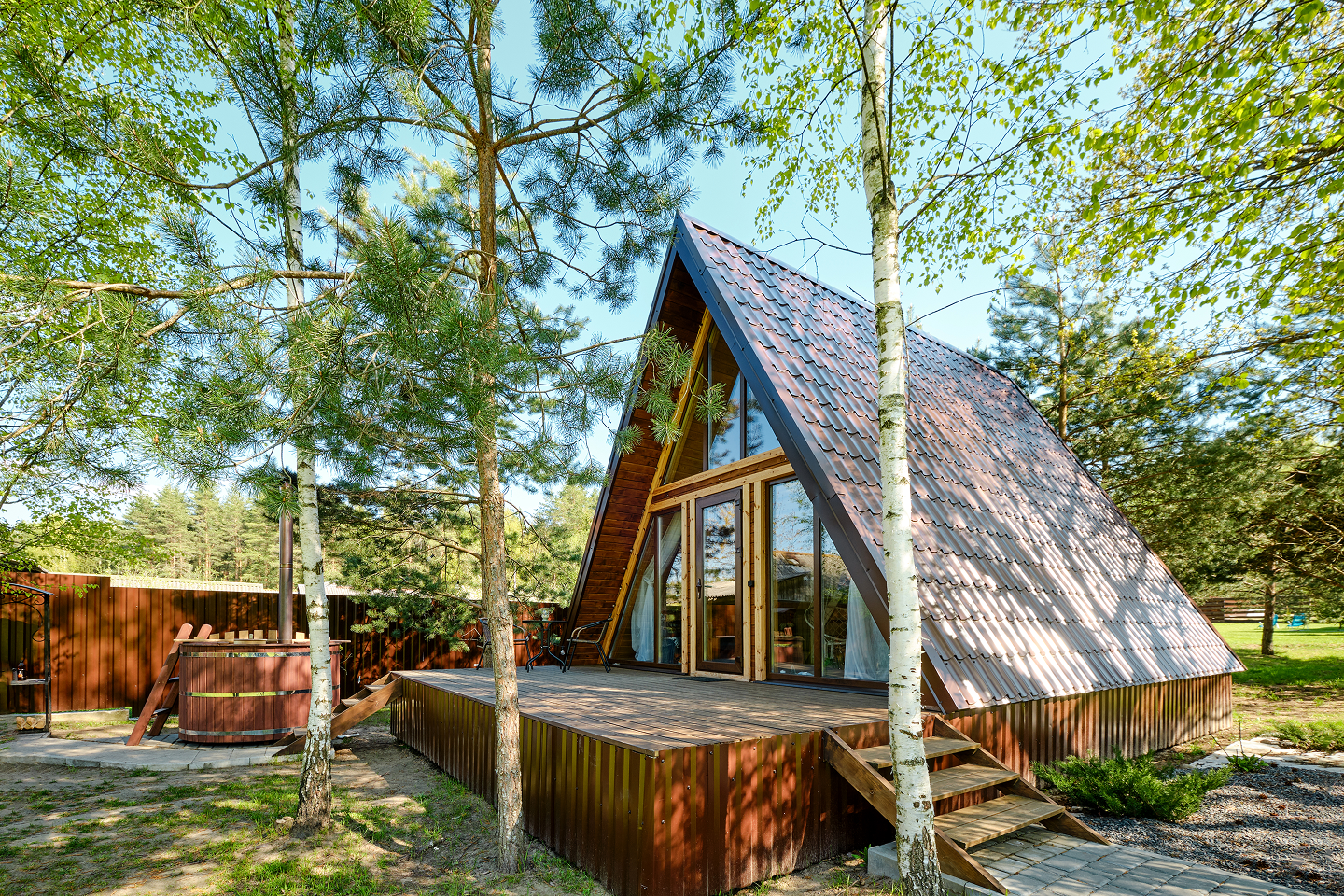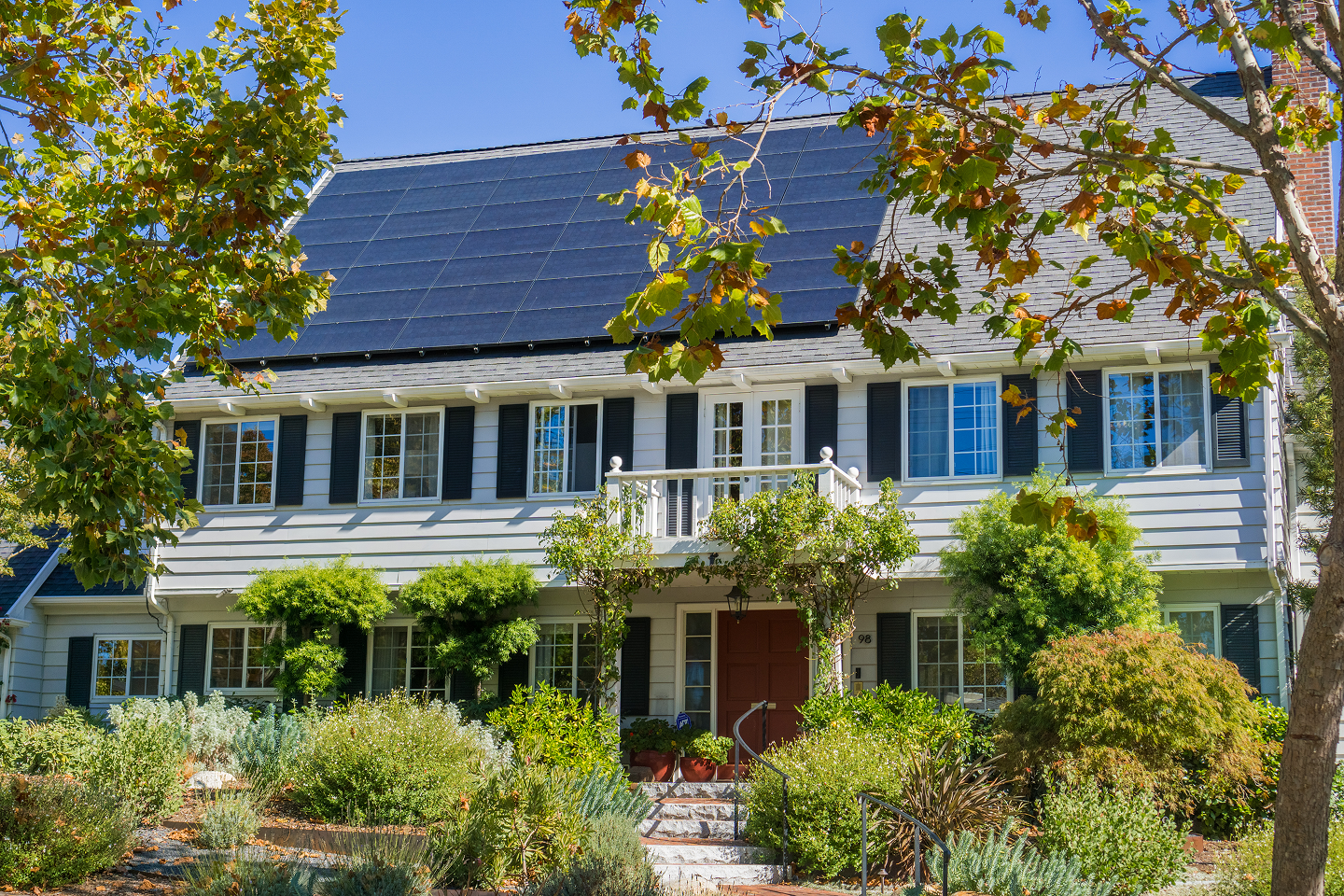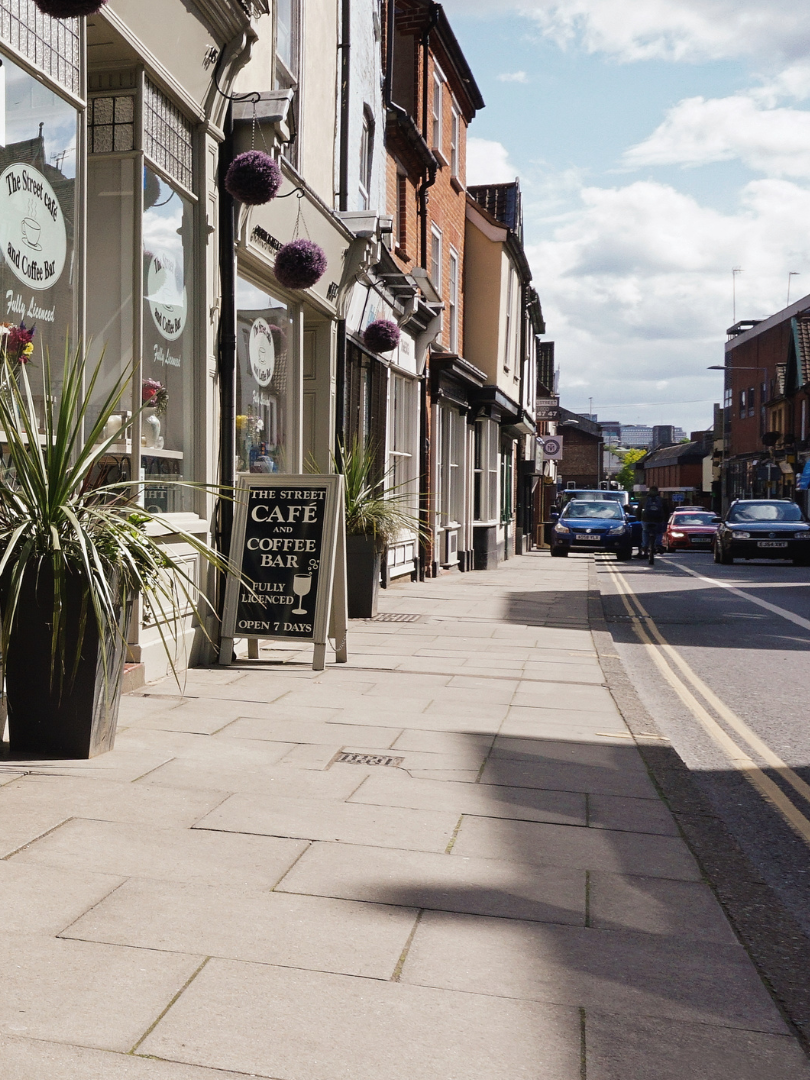Commercial real estate is often a major player in driving economic growth and provides significant opportunities for investors and businesses to invest in the property market. But what is commercial real estate, and how does it differ from residential properties? In this blog, we’ll explore the definition of commercial real estate, its various types, and how
understanding these distinctions can benefit you as an investor or business owner, particularly in regions like the Haliburton real estate market.
What is Commercial Real Estate?
Commercial real estate refers to properties that are used for business activities or income-generating purposes rather than residential living. These properties can range from office buildings and retail spaces to industrial complexes and multi-family rental units. The core distinction between commercial and residential real estate lies in how the property is used—while residential properties are primarily for individuals and families to live in, commercial real estate is focused on commerce, business activities, and investment opportunities.
In places like
Haliburton, a region known for its natural beauty and growing business environment, commercial real estate plays a crucial role in driving local economies. Whether it’s a retail storefront or an office space leased to local businesses, commercial real estate in this region supports both entrepreneurs and property investors.
Why Invest in Commercial Real Estate?
Investing in commercial real estate offers several advantages that make it an attractive choice for those looking to diversify their investment portfolio. Here are some key reasons why commercial real estate stands out:
- Higher Income Potential: Commercial properties typically offer a higher return on investment compared to residential properties due to longer lease agreements and higher rental yields.
- Diversification: Commercial real estate provides investors with diversification beyond the residential market, allowing for a broader range of property types and industries.
- Professional Relationships: Tenants in commercial properties are typically businesses, which tend to be more professional in their dealings compared to residential tenants.
- Less Turnover: Commercial leases often last several years, resulting in fewer vacancies and lower tenant turnover compared to residential properties.
- Government incentives: there is a substantial business tax rebate for commercial real estate purchases in Haliburton County that go on to collect rent
These benefits make commercial real estate appealing to both small-scale investors and large corporations. In the Haliburton Highlands region, where both tourism and local businesses thrive, understanding the local commercial property landscape can provide unique opportunities for long-term investment and economic growth.
Types of Commercial Real Estate
Commercial real estate is categorized into several distinct types, each serving different industries and business needs. Here’s an in-depth look at the various types of commercial properties:
1. Office Buildings
Office buildings are one of the most common types of commercial real estate. These properties are designed for businesses to operate, whether it's a small business or a large corporation. Office spaces can be divided into several subcategories, including:
- Class A Office Buildings: These are premium, high-quality buildings located in prime business districts. They typically feature modern architecture, state-of-the-art infrastructure, and high-end amenities. Class A office spaces often attract major corporations and professional services firms.
- Class B Office Buildings: Class B office spaces are slightly older and located in less prime areas compared to Class A buildings. While they may not have cutting-edge amenities, they offer good value for businesses looking for cost-effective office solutions.
- Class C Office Buildings: Class C office buildings are generally older, with minimal renovations. These properties are more affordable but may require additional upgrades or improvements.
In the Haliburton real estate market, office buildings are often more localized, catering to small businesses, startups, and service providers that support the tourism and residential sectors.
2. Retail Spaces
Retail properties are commercial spaces that house businesses engaged in selling goods or services directly to consumers. Location is critical for foot traffic. Retail spaces include:
- Shopping Centers: These are complexes that house multiple retail businesses, such as clothing stores, specialty services and suppliers,. Shopping centers often feature anchor stores (such as the beer store) that draw in foot traffic.
- Stand-Alone Retail: Smaller, independent retail spaces that are not part of a larger shopping center or mall. These could be anything from a local coffee shop to a specialty boutique.
Retail spaces are a key component of Haliburton real estate, where tourism drives demand for restaurants, gift shops, and other consumer-facing businesses. Working with a specialized team like Haliburton Gold Group at Re/Max can help you identify the best retail investment opportunities in the region.
3. Industrial Properties
Industrial real estate covers properties used for manufacturing, production, storage, and distribution. Industrial spaces vary widely in size and use and include:
- Warehouses: Large spaces primarily used for storage and distribution. Warehouses can range from small facilities to massive distribution centers that serve e-commerce or logistics companies.
- Manufacturing Buildings: These properties are designed for producing goods, whether it’s food products, electronics, or automotive parts. Manufacturing buildings often require specialized infrastructure and equipment.
- Flex Space: Flex spaces are versatile properties that combine office, retail, and industrial use. These properties are ideal for small businesses that require both a workspace and a showroom or storage area.
- Vacant industrial land
Industrial properties support local manufacturing, construction, and resource extraction industries in regions like Haliburton. The Haliburton Gold Group at Re/Max real estate experts can guide you through the intricacies of investing in or leasing industrial properties in this region.
4. Multi-Family Residential Properties
Although primarily residential in nature, multi-family properties are often categorized as commercial real estate when they contain five or more units. These properties include:
- Apartment Complexes: Large buildings or communities with multiple rental units. Apartment complexes can range from low-rise buildings to high-rise.
- Duplexes, Triplexes, and Fourplexes: Smaller multi-family units that can house two, three, or four families in separate units. While technically residential, these can be considered commercial investments if owned for income-generating purposes.
- Townhomes and Condominiums: These can also fall under commercial real estate when multiple units are leased or sold as investments.
Multi-family properties offer steady cash flow and long-term appreciation potential, especially in areas where rental demand is high. In the Haliburton real estate market, where seasonal tourism boosts rental demand, investing in multi-family properties can be an attractive option for those looking to capitalize on this trend. Rental demand in Haliburton County is consistently very strong.
5. Hotels and Hospitality
Hotels, motels, and other hospitality-related properties fall into their own category of commercial real estate. These properties cater to short-term accommodation needs and can include:
- Boutique Hotels: Smaller, independently owned hotels that offer unique, personalized experiences for guests.
- Chain Hotels: These are part of larger hotel chains and often provide standardized services and amenities.
- Resorts: Resort properties are common in tourist-heavy areas of cottage country, offering a range of accommodations along with recreational activities, spas, and dining.
The tourism industry in regions like the Haliburton Highlands relies heavily on hospitality real estate. Investing in hospitality properties can yield substantial returns as more travellers seek nature retreats and outdoor experiences.
6. Mixed-Use Properties
Mixed-use properties combine two or more commercial or residential uses within a single building or development. For example, a mixed-use property could have retail spaces on the ground floor and residential apartments above. These properties are popular in urban and suburban areas where space is limited and demand for diverse use is high.
Mixed-use properties are growing in demand, particularly in communities like Haliburton that blend tourism, retail, and residential living. Investing in mixed-use properties provides the opportunity for multiple revenue streams from a single investment.
How to Invest in Commercial Real Estate
Investing in commercial real estate requires research, planning, and collaboration with experienced professionals. If you’re considering entering the Haliburton real estate market, here are some steps to guide your investment:
- Understand the Market: Each commercial real estate market is unique, and Haliburton is no exception. Work with local experts like Haliburton Gold Group at Remax to understand local trends, property values, and demand.
- Define Your Investment Goals: Are you looking for long-term income, capital appreciation, or a combination of both? Understanding your investment objectives will help you determine which type of commercial property is right for you.
- Secure Financing: Commercial real estate investments typically require more upfront capital than residential properties. Explore financing options such as commercial loans, the local development corporation or partnerships.
- Evaluate Potential Properties: Use due diligence to evaluate a property’s potential for generating income, its location, and the condition of the building.
- Work with Experts: A successful investment in commercial real estate often depends on partnering with a knowledgeable team. Haliburton Gold Group at Re/Max can provide insights into the local market, negotiate deals, and help manage the complexities of commercial property transactions.
Conclusion
Commercial real estate offers a diverse range of opportunities for investors and business owners. From office buildings and retail spaces to industrial and multi-family properties, understanding the various types of commercial real estate can help you make informed decisions. In regions like Haliburton, where both tourism and local businesses are thriving, commercial real estate plays a vital role in supporting economic growth and is also rewarded with government incentives.
Working with a professional team like
Haliburton Gold Group at Re/MAX ensures that you can navigate the complexities of the local market and find the best investment opportunities. Whether you’re looking for a retail space, an office building, or a multi-family property, the Haliburton real estate market has something for every type of investor.
Frequently Asked Questions
What is the difference between residential and commercial real estate?
Residential real estate is primarily for living purposes, while commercial real estate is used for business activities or income-generating purposes.
Is commercial real estate a good investment?
Yes, commercial real estate can be a profitable investment due to higher income potential, longer lease agreements, and the ability to diversify your portfolio. Other incentives include responses to tenant needs are more likely to occur during business hours than with the all hours responses for residential landlords.
How do I invest in commercial real estate in Haliburton?
To invest in commercial real estate in Haliburton, it’s important to research the market, define your investment goals, and work with a local real estate team like Haliburton Gold Group at Re/MAX.
What types of commercial real estate are common in Haliburton?
In Haliburton, you’ll find office spaces, retail stores, hospitality properties, and mixed-use developments that cater to both tourists and local businesses.

Learn More














